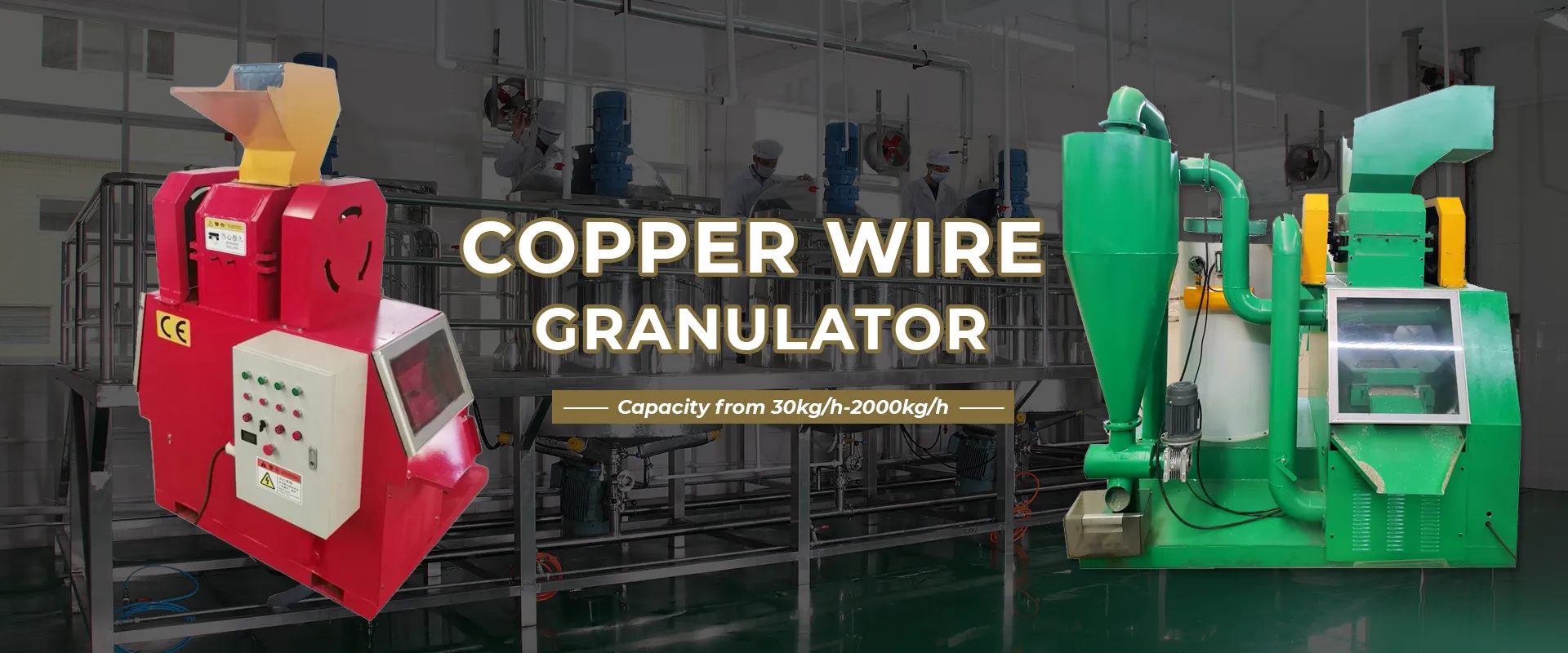
9 月 . 13, 2024 06:28 Back to list
The Role of Hammer Crushers in Cement Plants
Cement production is a complex process that involves multiple stages, from raw material extraction to the final product. Among the various equipment used in cement plants, the hammer crusher plays a critical role in the initial stages of the production process. This article will discuss the importance of hammer crushers, their working principles, advantages, and their specific applications within cement plants.
Overview of Hammer Crushers
Hammer crushers, also known as hammer mills, are robust machines designed to crush and pulverize materials. They consist of a rotating shaft with attached hammers, which swing at high speeds to strike materials fed into the crushing chamber. As the materials collide with the hammers, they break into smaller particles. This mechanism makes hammer crushers ideal for various materials, including limestone, coal, gypsum, and other raw materials used in cement production.
Working Principle
The working principle of a hammer crusher is relatively straightforward. When the large stones or lumps of material are fed into the machine, they encounter the rotating hammers. The kinetic energy generated by the movement of the hammers shatters the materials, allowing smaller pieces to pass through the screen at the base. The size of the output can be adjusted by changing the screen size or by controlling the speed of the rotor. This versatility makes hammer crushers indispensable in the initial crushing stage of cement production.
Importance in Cement Production
Hammer crushers perform a vital function in the cement production process by preparing raw materials. Limestone, which is a primary raw material in cement manufacturing, is often mined in large blocks. These blocks must be reduced to a manageable size to facilitate further processing in the cement plant. Hammer crushers efficiently produce the necessary particle sizes, ensuring that the raw materials are adequately prepared for the kiln.

Additionally, the hammer crusher helps enhance the overall efficiency of the cement production process. By producing smaller particles, it allows for better mixing with other materials, ensuring uniformity in the final product. This uniformity is crucial for achieving the desired quality and performance of the cement.
Advantages of Hammer Crushers
1. High Efficiency Hammer crushers can crush large volumes of material quickly, making them suitable for high-capacity operations.
2. Versatility They can process a wide range of materials, which is particularly advantageous for cement plants that use various types of raw materials.
3. Simplicity The straightforward design of hammer crushers makes them easy to operate and maintain, reducing downtime in the production process.
4. Cost-Effective Due to their robustness and efficiency, hammer crushers can be a cost-effective choice for crushing raw materials in cement production.
Conclusion
In conclusion, hammer crushers are essential components in the cement production process. Their ability to efficiently reduce material size and enhance the quality of the final product underscores their importance in cement plants. As the cement industry continues to evolve, the role of hammer crushers will remain significant, ensuring that production processes are efficient, cost-effective, and capable of meeting growing demands. With their advantages in efficiency and versatility, hammer crushers will continue to be a vital asset to cement manufacturing operations around the world.
Latest news
Unveiling the Power of Eddy Current Separator
NewsSep.25,2024
Transform Your Home Recyclin:home metal shredder
NewsSep.25,2024
The Future of Waste Management with Recycling Line Picker
NewsSep.25,2024
The Benefits of a Metal Recycling Plant
NewsSep.25,2024
Revolutionize Material Separation with Onwang Technology
NewsSep.25,2024
Innovative Waste Management: Unveiling the MSW Sorting Plant
NewsSep.25,2024